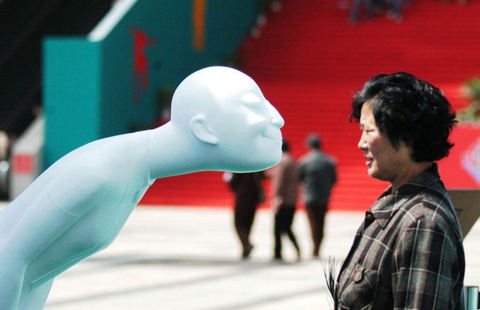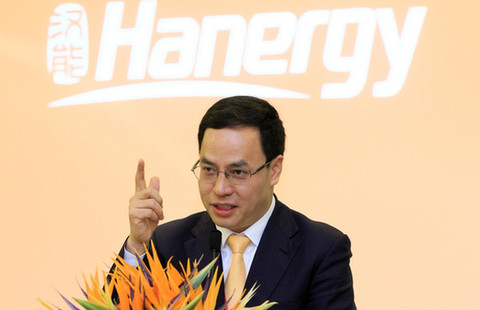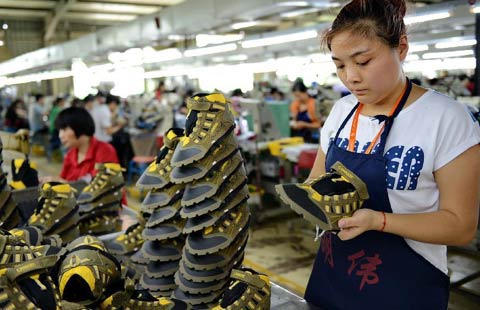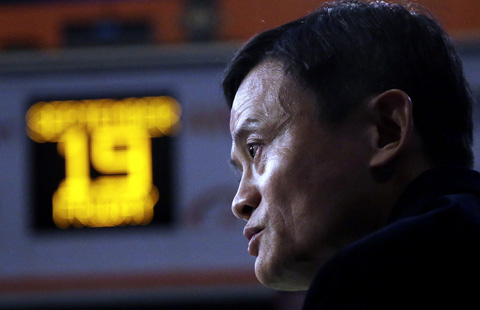'Future of healthcare' outlined at conference
By YAN YIQI (China Daily) Updated: 2014-09-26 08:19The document said that the development of pilot smart healthcare cities should be finished by 2020.
Zhou Ming, executive vice-president of the China Council for International Investment Promotion, predicted that the smart healthcare service industry will eventually surpass even that of e-commerce.
"The smart healthy city will relieve pressure on hospitals and healthcare companies. Nowadays, healthcare equals hospitals in Chinese people's minds. In the future, hospitals might account for only 20 percent of every people's healthcare plans," she told the China Sourcing Summit.
Lin Lin, secretary general of the China Health Education Center said: "Chinese citizens still lack the sense of what smart healthcare is. Most of them still believe in government-run hospitals when they encounter health problems.
"Our governments and companies should let people know that smart healthcare services will provide them with easier and cheaper healthcare access."
The two-day summit, held in Hangzhou, discussed topics that included IT service sourcing, cross-border e-commerce tech integration and service innovation, and the smart healthcare city.
The First China Smart Healthy City Conference took place over one-and-a-half days. During the conference, solution and service providers and industrial experts discussed plans to develop smart healthcare cities in China along with ways to combine academic research with commercial marketing strategies.
what they say
|
 |
YU MENGSUN, honorary chairman of the Chinese Society of Biomedical Engineering
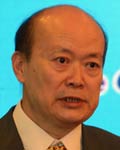 |
LYU LIMING, deputy director of the Program Department of the China Association of Health Promotion and Education
|
 |
IAN HAU, founder and chair of US-based Smart Healthy City Alliance CHINA DAILY
- 'Future of healthcare' outlined at conference
- 6 riches that fell out of Hurun's top 10 list 2014
- IPhone 6 sets records, but problems quickly emerge
- CEO: Microsoft ready to work with antitrust officials
- Trade checks to be stepped up
- Tibetan mastiff cloned for commercial use
- E-commerce supply chain platform brings made-in-Italy to China
- A peak into China's largest technical school
